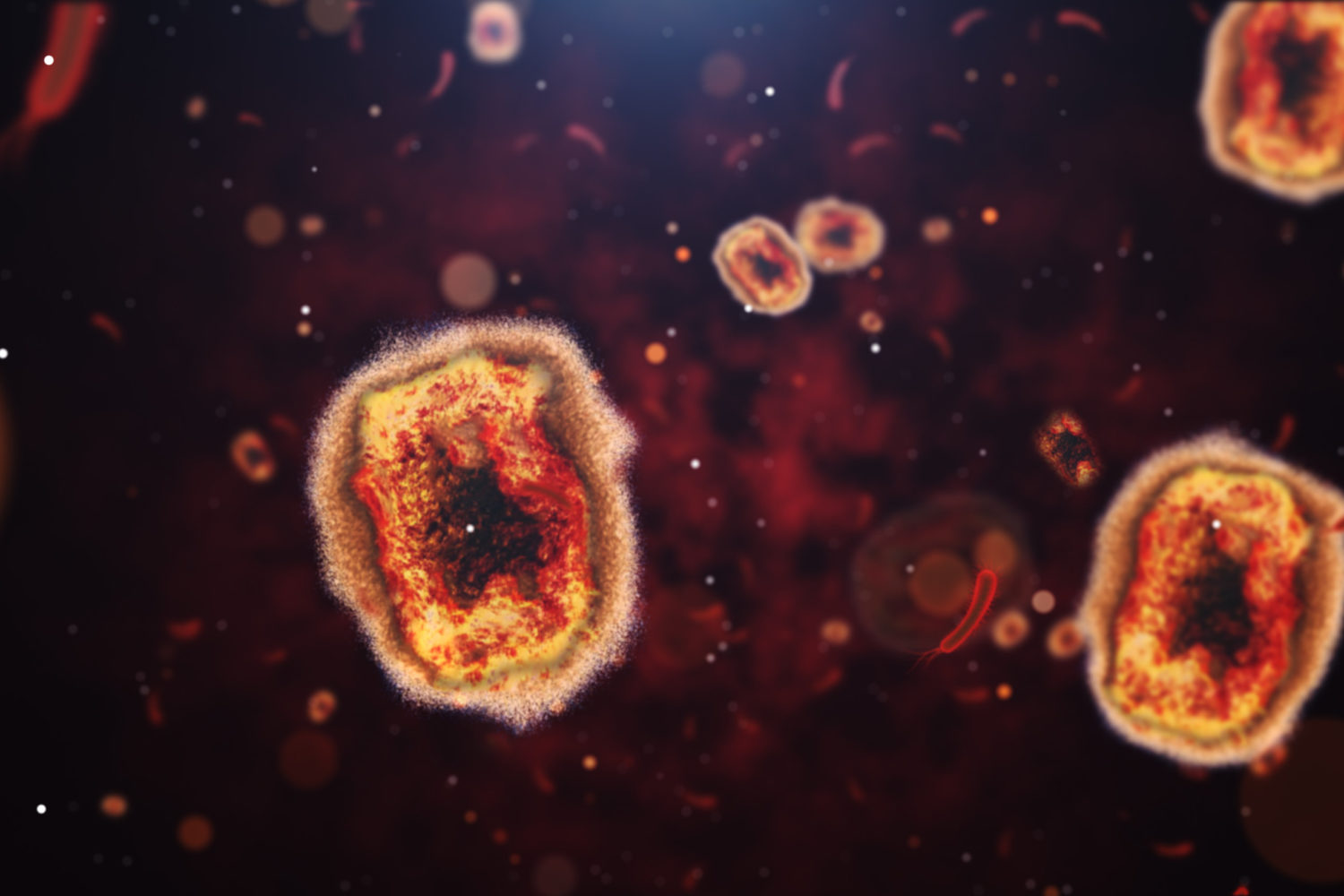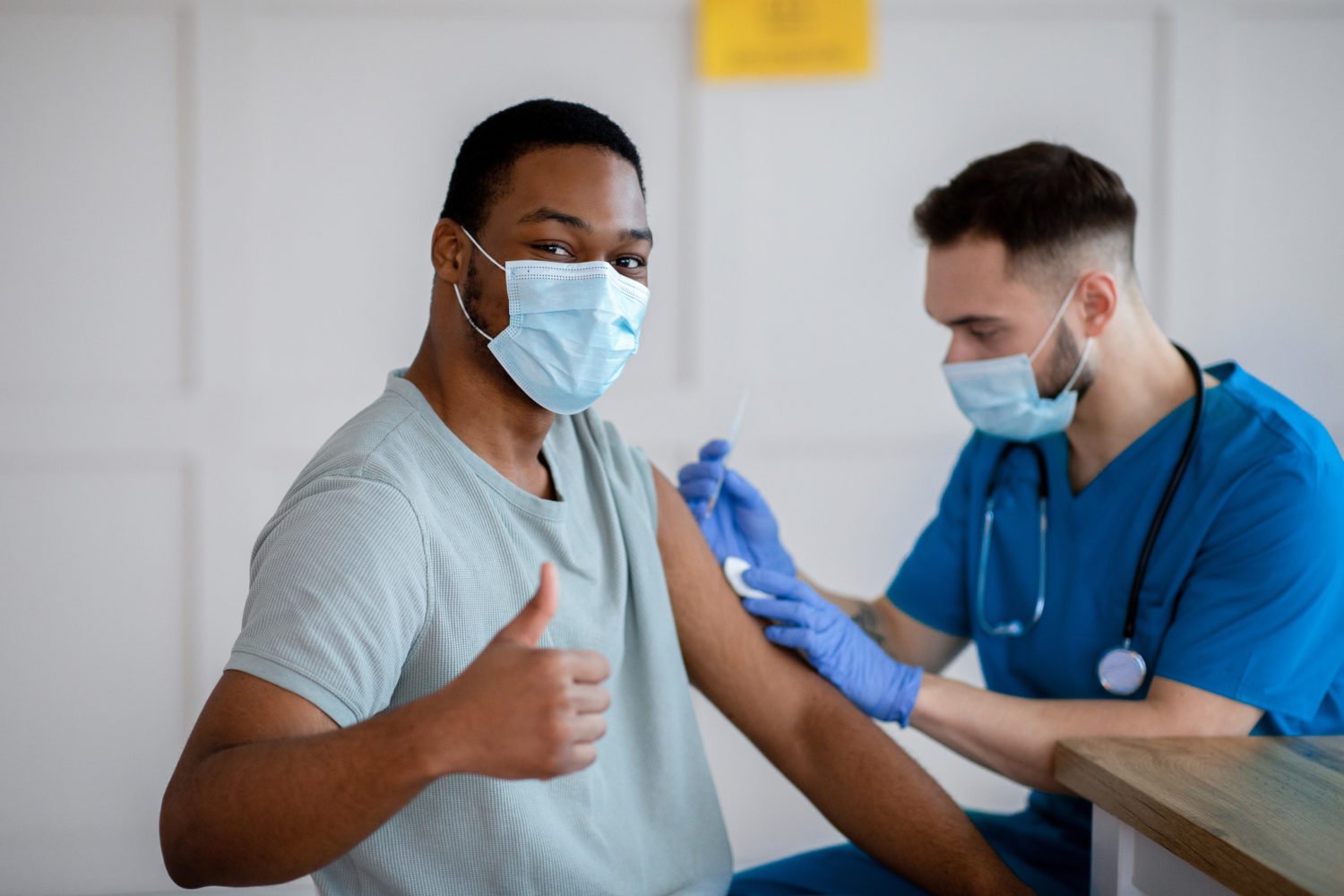The monkeypox virus might have a scary-sounding name, but there is little need to panic about the person in Maryland who was just diagnosed with the disease.
The virus, which was first discovered in a lab monkey in the 1960s, causes lymph nodes to swell and brings on a full-body rash. It generally lasts two to four weeks, but as there’s no treatment, those who are infected don’t need to be hospitalized.“You’re just waiting for the disease to run its course,” says Dr. Marc Siegel, an associate professor of medicine and infectious disease specialist at George Washington University.
Although the virus isn’t pretty—that rash turns into raised lesions, which are filled with fluid, then puss, then crust over and heal—it is spread through large respiratory droplets. In other words, Siegel says, it is nothing like Covid-19, which spreads through easily transmissible aerosol droplets: “If you just brush past someone who’s got monkeypox, you’re not going to have any risk of getting infected.”
While the disease is uncommon in the US— there was a small outbreak in 2003, which arose from prairie dogs—a single separate case did pop up in Texas this July. Both patients had traveled back to the States from Nigeria. Still, Siegel says “it poses no risk to the average person” here in Maryland. The CDC says that in Africa, monkeypox kills at a rate of one in ten people it infects.


















